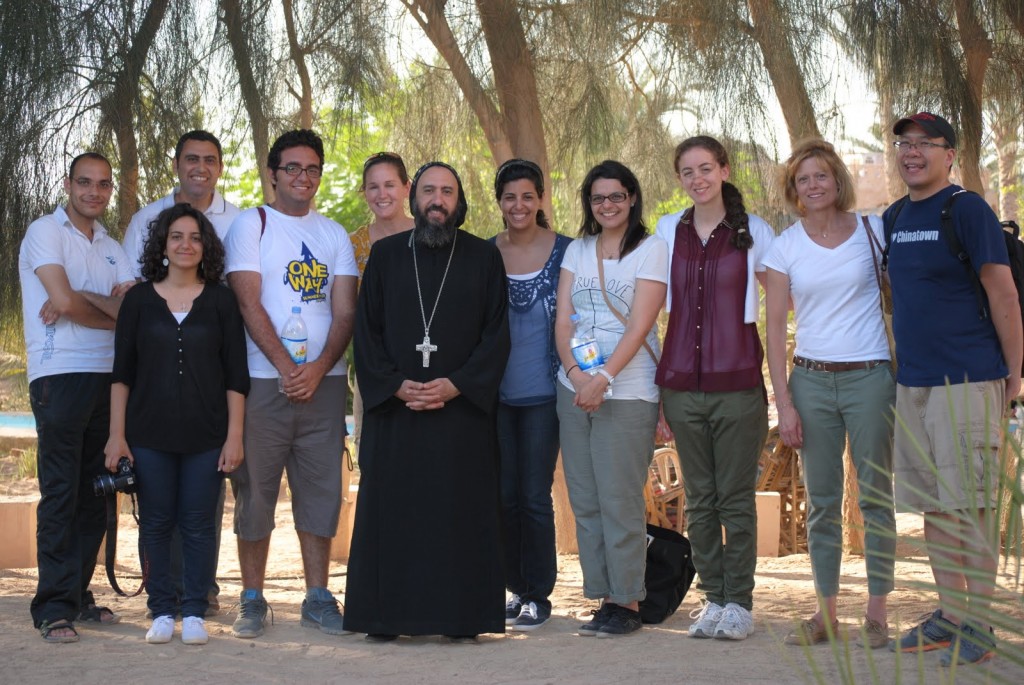About us
LOI Mission
Churches
A Quick Guide to the Churches whose members participate in the Lausanne-Orthodox Initiative

Board Members
Who provides leadership for the Lausanne-Orthodox Initiative?

Joint Mission Projects
The LOI is committed to sponsoring joint mission projects, where Christians from different traditions work together to bring the gospel of Jesus Christ to the wider community in word and in action.

Churches
Board members

His Grace Archbishop Angaelos
Coptic Orthodox, UK
Co-Chair
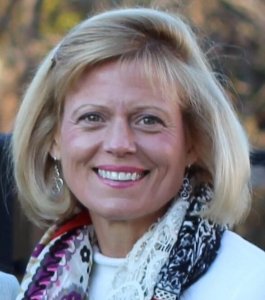
Ms Leslie Doll
Evangelical, Lausanne Movement, USA
Co-Chair

Fr Dragos Herescu
Romanian Orthodox, UK, Institute for Orthodox Christian Studies, Cambridge, UK
Member
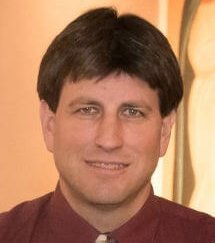
Mr Nathan Hoppe
Albanian Orthodox, Albania
Member
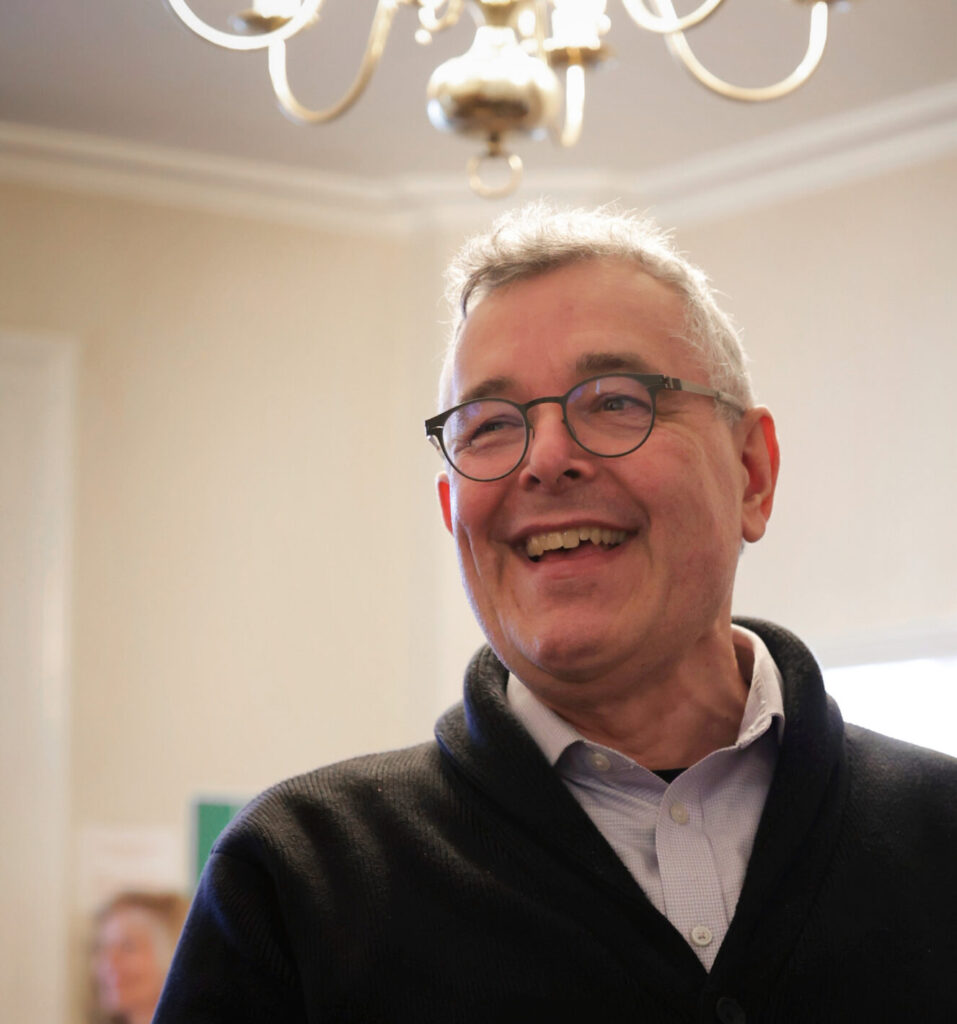
Dr Ralph Lee
Evangelical/Orthodox, UK & Ethiopia, Oxford Centre for Mission Studies, The Navigators UK
Facilitator
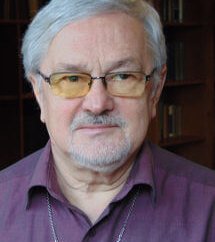
Dr Danut Manastireanu
Evangelical, UK
Member
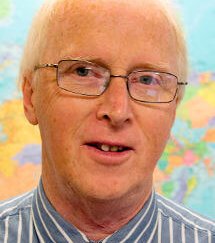
Rev Canon Mark Oxbrow
Evangelical, Oxford Centre for Mission Studies, UK
Member
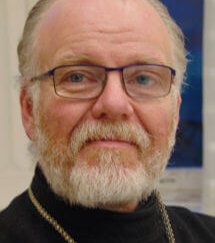
Archpriest Stephen Platt
Russian Orthodox, UK
Member
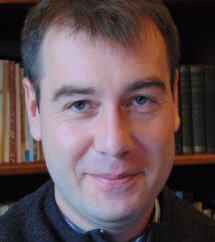
Mr Anton Ponomarev
Russian Orthodox, Faith2Share, UK
Member
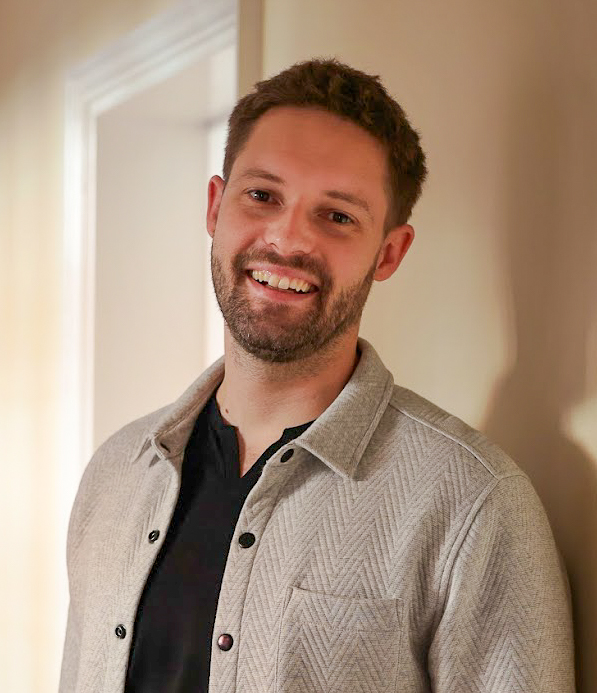
Rev Dr Calum Samuelson
Evangelical, Sankt Ignatios College, Sweden
Member
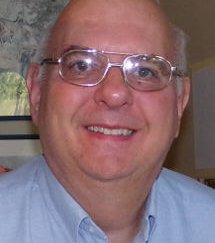
Prof Jim Stamoolis
Evangelical, USA
Member
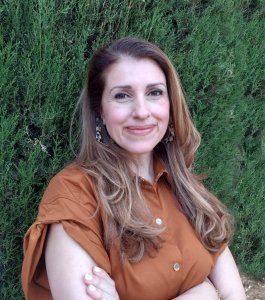
Dr Myrto Theocharous
Evangelical, Greek Bible College Athens
Member

His Grace Metropolitan Yulios
Syrian Orthodox, India
Member
Joint Mission Projects
The LOI is committed to sponsoring joint mission projects, where Christians from different traditions work together to bring the gospel of Jesus Christ to the wider community in word and in action. Together we aim to be a blessing to all we serve and a witness to the unifying power of the Holy Spirit.



